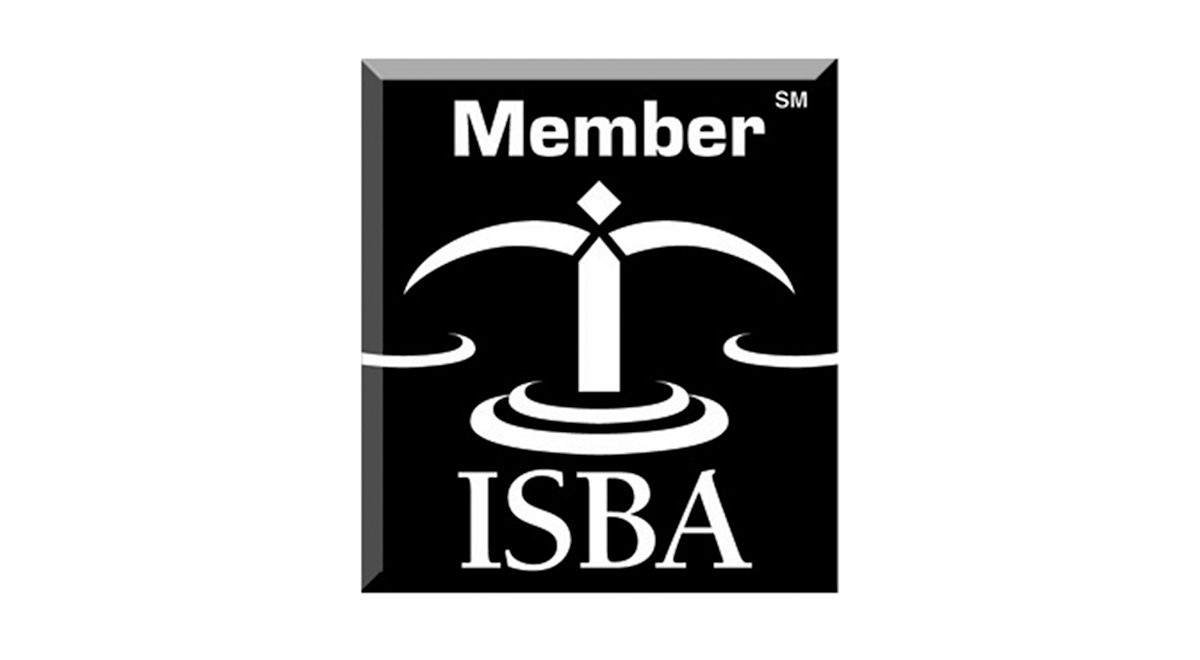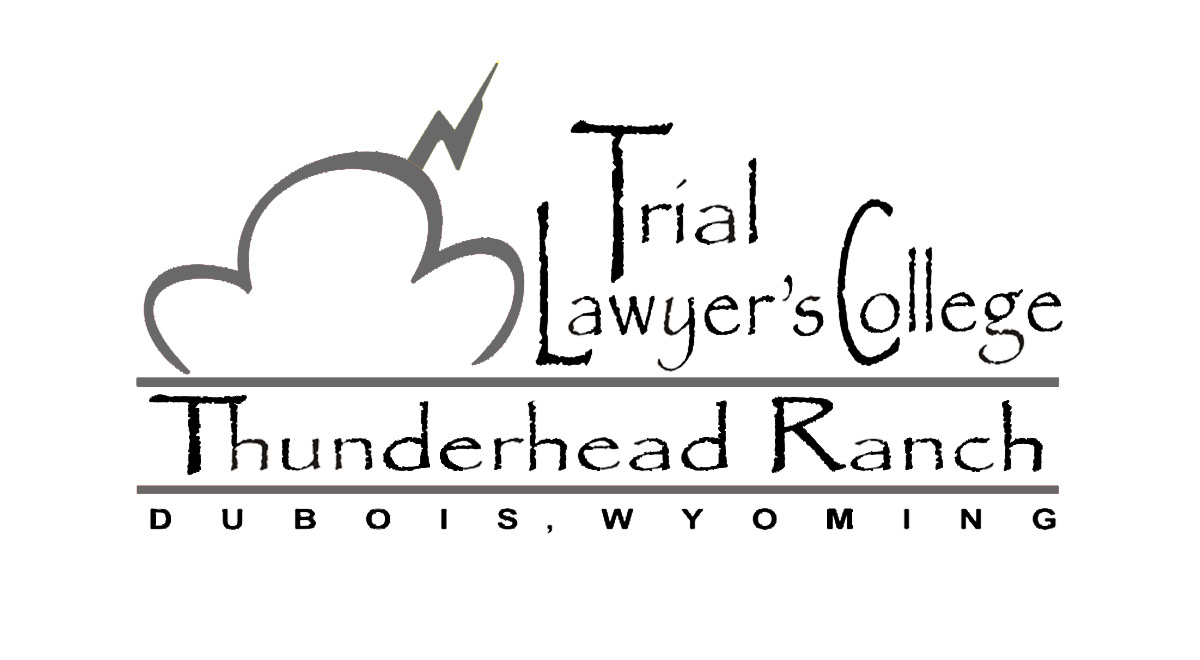April 01, 2025

When you file a personal injury claim, you may expect to have to sit for a deposition. Understanding what to expect in a personal injury case can help relieve your anxiety or stress.
Why Depositions Are Important in Personal Injury Cases
Depositions form a critical part of the discovery process in a personal injury case. In discovery, the parties seek to put all evidence on the table to narrow down the issues in dispute for an eventual trial. Depositions allow parties to get witnesses’ testimonies on record to understand how they might testify at trial. For example, suppose a witness provides testimony in a deposition that would likely win the case at trial. In that case, the opposing party may negotiate a settlement to avoid an adverse judgment.
What to Expect in a Deposition
A deposition involves a formal interview with a witness that occurs under oath. At a deposition, each party’s attorneys can ask a witness questions. In the room where the deposition occurs, you can expect to see your attorney, the opposing party’s attorney, and, potentially, a court reporter who will take a transcript. Alternatively, the parties may agree to record the deposition and later have it transcribed. The deposition will likely occur at your attorney’s office or the law office of the opposing party’s attorney, usually in a conference room large enough to hold everyone attending the deposition.
At the start of the deposition, the court reporter or another person authorized to take oaths will swear you in, which requires you to swear (or affirm) to tell the truth in your answers. Counsel for the party that called the deposition may begin the questioning, with opposing counsel allowed to ask questions. Attorneys may object to each other’s questions, but unlike at a trial, you typically must answer the question; the court can later strike your answer if it determines the attorney asked an improper question.
Tips for Preparing for a Personal Injury Deposition
Critical tips for preparing for a deposition in your personal injury case include:
- Listen to Questions Carefully – Listen to the attorney’s questions carefully and wait for an attorney to finish speaking before you answer a question. Waiting for the whole question will help ensure you give an accurate answer that does not volunteer unnecessary information. Furthermore, if you do not understand a question, you can ask the attorney to repeat, rephrase, or clarify the question.
- Never Volunteer Information – When giving answers during a deposition, provide only as much information as necessary to respond to the question. For example, if an attorney asks you a “yes or no” question, respond with a “yes” or “no” without further explanation. If the attorney wants additional information, they will ask follow-up questions.
- Tell the Truth – A deposition requires you to testify under oath, which means you have a legal duty to provide truthful answers. Furthermore, you cannot omit information from your response if it would make your answer untruthful. Lying or giving misleading answers during your deposition will severely damage your credibility in your case. Your attorney will work with you to address questions that may touch upon weak areas of your case. You should also refrain from guessing or inferring an answer. If you do not know information, you can respond, “I don’t know.”
- Don’t Get Rattled or Upset – You can expect the opposing attorney to try to throw you off with their demeanor or tough questioning, as they may hope you will inadvertently reveal damaging information or contradict yourself. Remember that the opposing attorney is just doing their job. You can best protect your interests by remaining calm and composed during your deposition, which can help improve your credibility.
How Can an Attorney Help You with Your Deposition
 Although you may feel nervous about attending a deposition in your personal injury case, your attorney can help you prepare by:
Although you may feel nervous about attending a deposition in your personal injury case, your attorney can help you prepare by:
- Explaining what occurs in a deposition so you know what to expect from the moment you walk into the room
- Providing examples of questions you can expect to receive
- Refreshing you on the facts of your case so you can answer correctly and consistently with your prior statements
- Discussing general guidelines for how to answer questions, including what to do if you do not answer a question or cannot recall the answer
- Reviewing your rights and options during the deposition, including asking for breaks or what to do if your attorney objects to a question
Contact Our Firm Today for Help with Your Personal Injury Case
After getting injured in an accident due to someone else’s negligence, you may have the right to seek financial recovery in a personal injury claim. However, your case may require you to sit for a deposition during discovery. Call Custy Law Firm | Accident & Injury Lawyers at (219) 286-7361 today or contact us online for a free, no-obligation consultation to discuss your claims with a personal injury attorney and learn more about what to expect in a deposition during your case.









